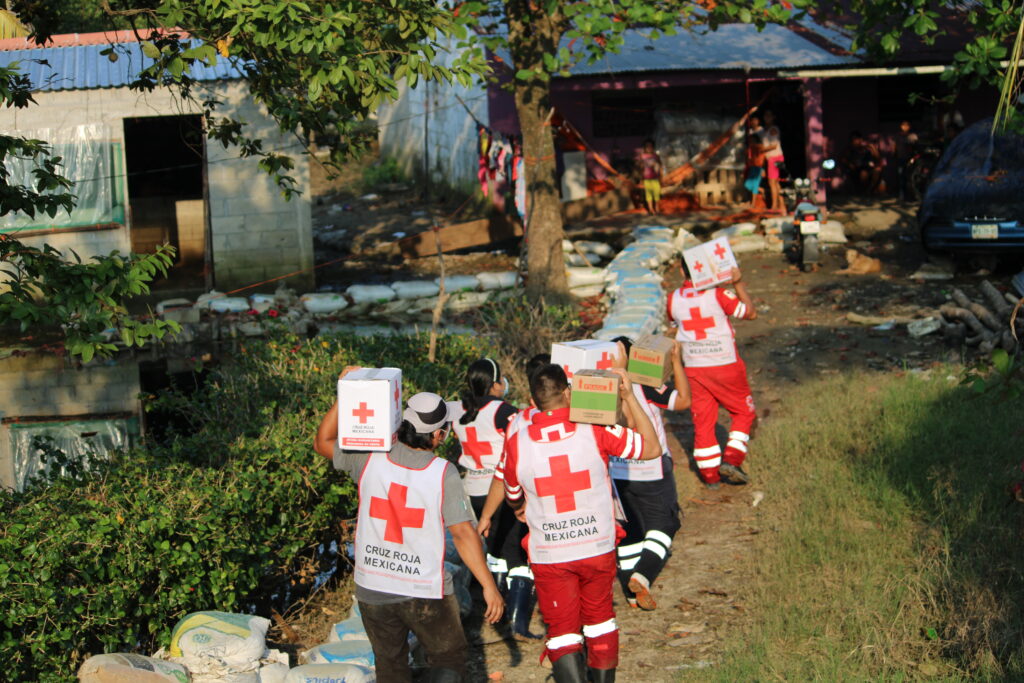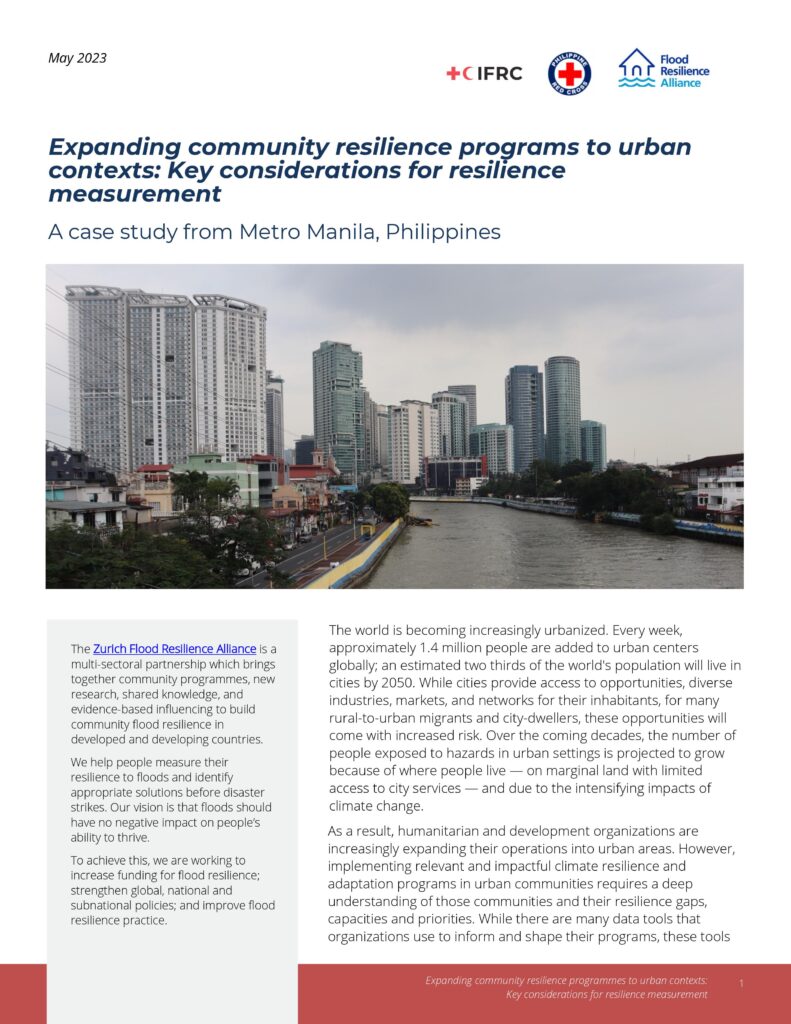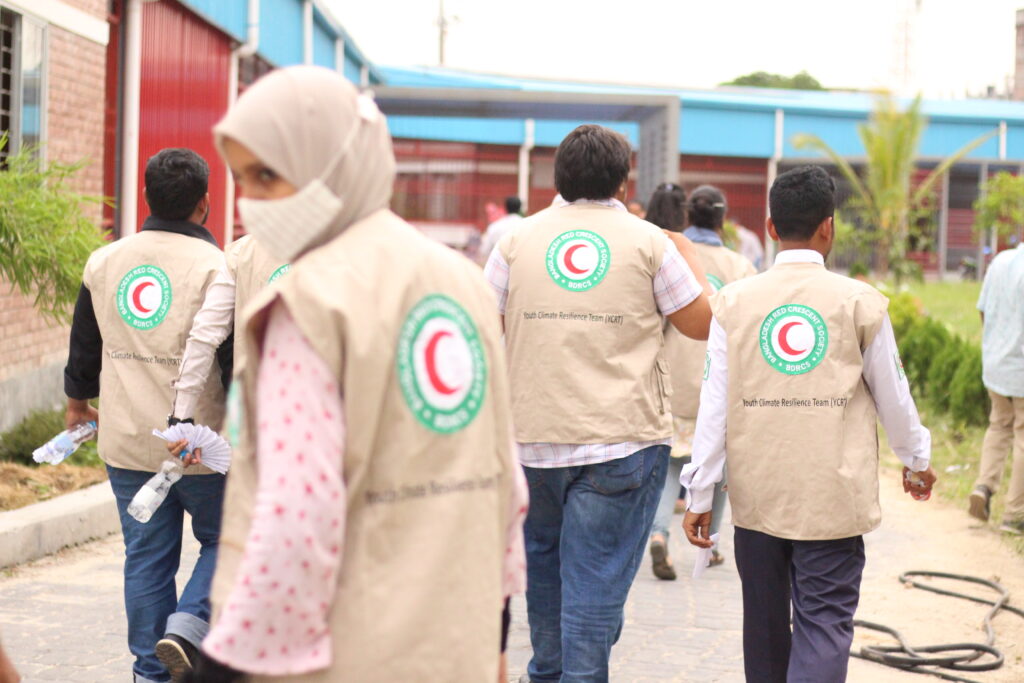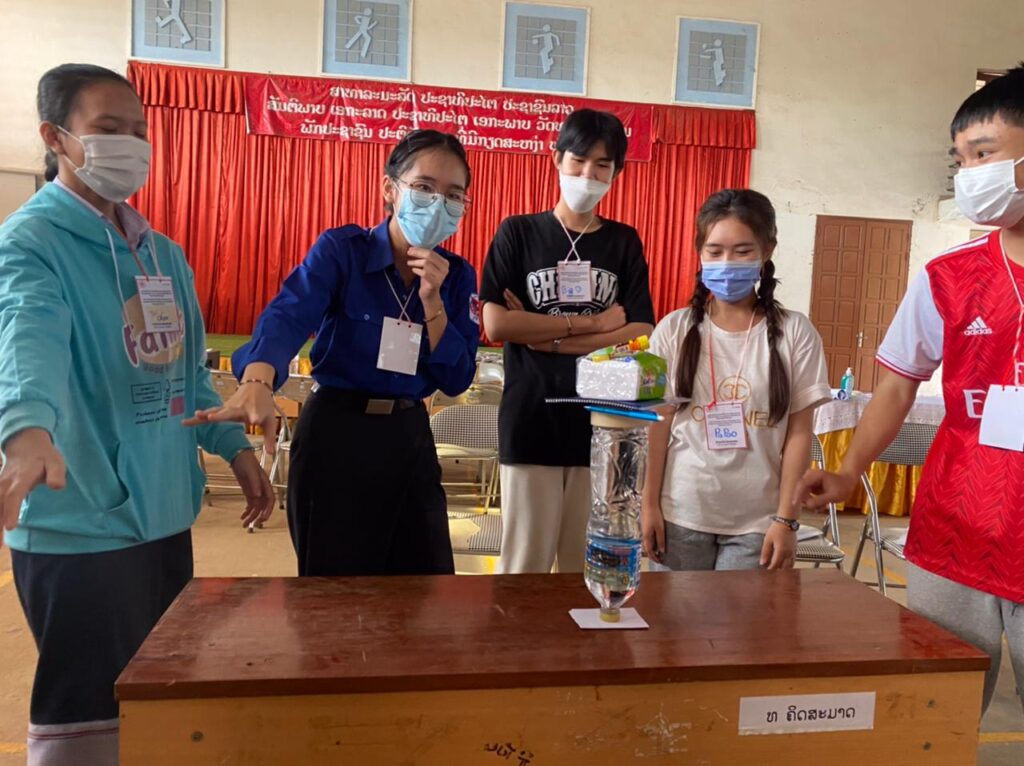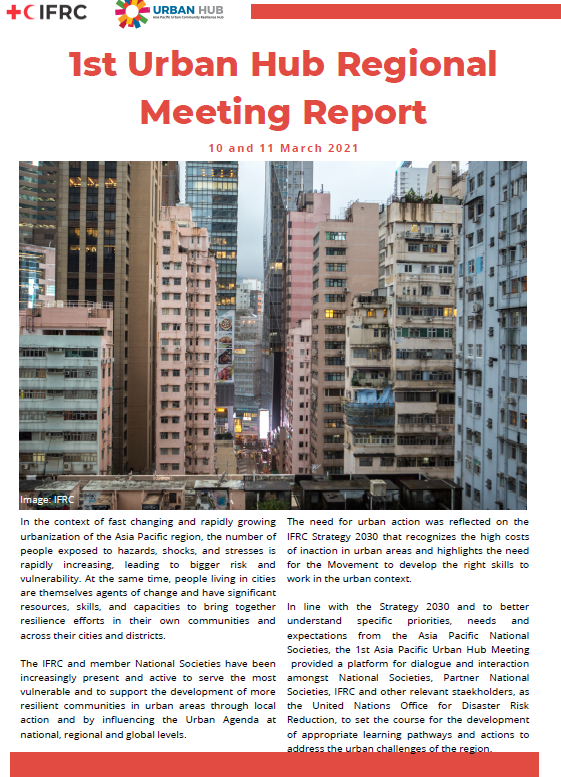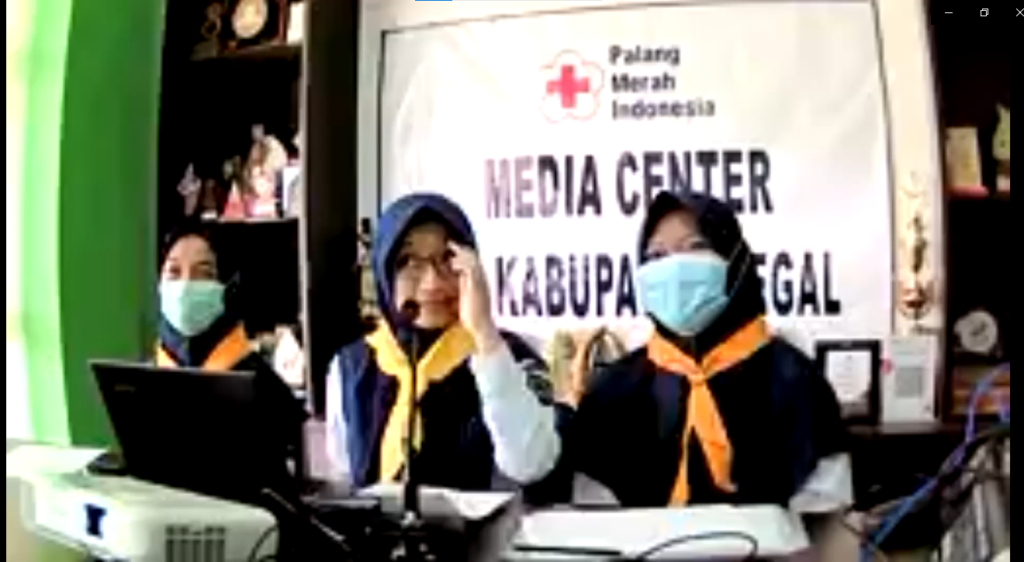Reactivation of Municipal Nursery Garden, Nacaome City, Valle. Honduras
The climate change coalition of Nacaome City, Valle, in collaboration with the Municipal Government and the Honduran Red Cross, is implementing climate change adaptation actions through social micro-projects to reactivate the municipal nursery for action against extreme heat, with the goal of ensuring the propagation and growth of various species of timber, fruit, and ornamental […]
Reactivation of Municipal Nursery Garden, Nacaome City, Valle. Honduras Read More »


